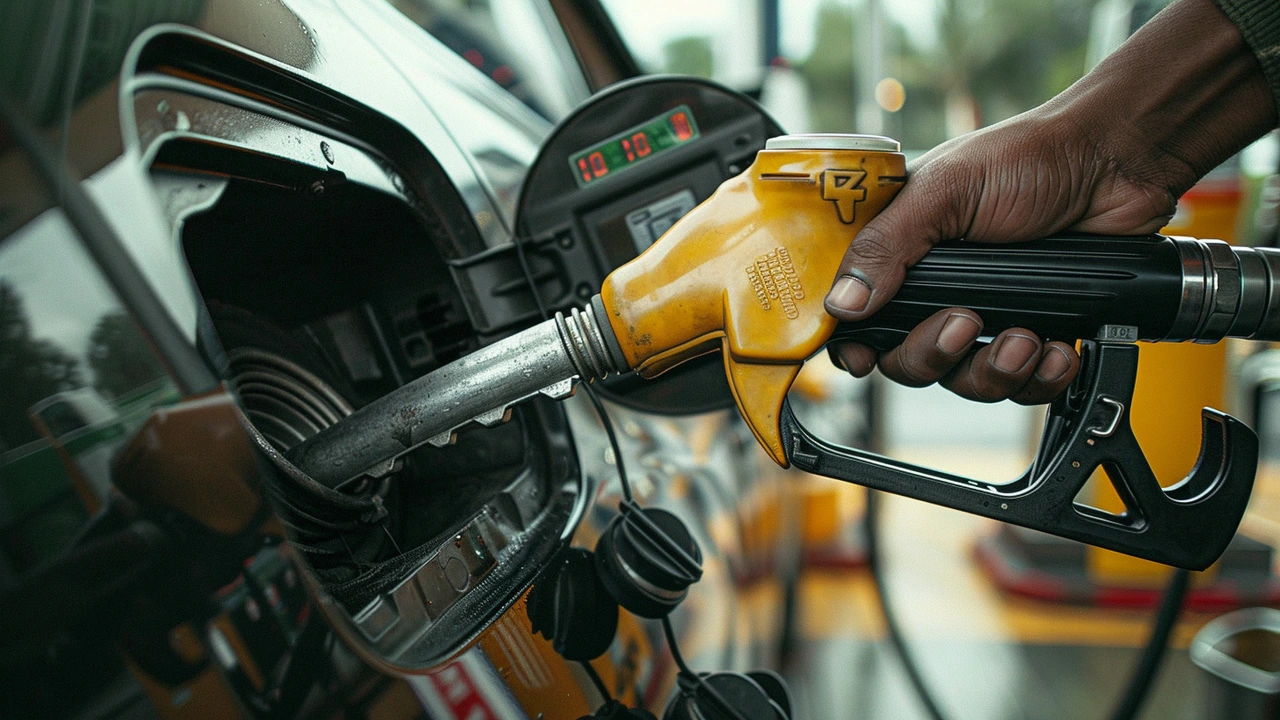Fuel prices: what’s happening now and how to keep costs down
Fuel prices change often and fast. One month a fill-up feels normal, the next it stings. If you drive or run a business that depends on transport, small price swings can hit your wallet hard. This page helps you track price moves in Africa, explains the main causes, and gives simple, practical tips to spend less on petrol and diesel.
Why fuel prices move
Three things push prices up or down: the global oil market, your local currency, and taxes & fees. When crude oil goes up, petrol and diesel follow. If your country’s currency weakens against the dollar, imports get more expensive. Governments also add fuel levies, road funds, or other taxes that change how much you pay at the pump. Add refining, transport and retailer margins, and you’ve got the full picture.
In South Africa, the Department of Mineral Resources and Energy (DMRE) publishes monthly adjustments that factor in international prices and the rand. Other African countries use similar formulas or adjust prices more often when markets are volatile. That’s why staying informed matters — official updates and local reports tell you whether a price change is temporary or likely to stick.
5 quick ways to spend less on fuel
Want actionable moves? Try these simple steps that make a real difference.
1) Compare prices before you fill. Follow official updates and reliable local price tools or apps and pick stations offering better rates.
2) Drive calmer and lighter. Smooth acceleration, steady speeds and removing roof racks cut consumption. Every bit helps on longer trips.
3) Check tyre pressure and do basic maintenance. Under-inflated tyres and dirty air filters waste fuel.
4) Plan trips and combine errands. Fewer short trips from cold starts save more fuel than small style changes.
5) Use rewards, loyalty programs or bulk discounts if your station offers them. For businesses, consolidate deliveries and negotiate fuel deals.
Thinking about switching fuel types? Know your vehicle’s needs first. Diesel can be cheaper per kilometre in some regions but costs and availability vary. Electric or hybrid options can cut bills long term, but consider upfront costs and local charging infrastructure.
Want to stay on top of changes? Follow Daily Africa Global News' fuel prices tag for timely articles and local context. We track official announcements, major retailers and the wider economic effects that shape what you pay at the pump.
Fuel prices affect more than drivers — they ripple into food, transport fares and business costs. Keep checking official updates, use the tips above, and you’ll be better prepared when prices move again.

EPRA Updates Fuel Prices for May & June 2024: What You Need to Know
The Energy & Petroleum Regulatory Authority (EPRA) has updated fuel prices in Kenya for May and June 2024. Super Petrol, Diesel, and Kerosene will see reductions in their retail prices. These changes have been influenced by global market conditions and adjusted taxes.